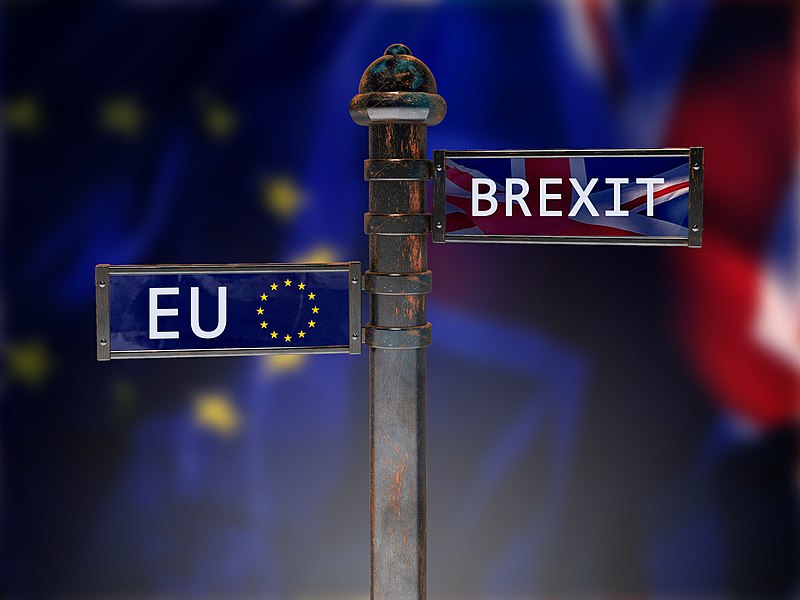
France is taking steps to hinder British exports, with President Emmanuel Macron intending to oppose the UK's request for an extension of a free trade deal concerning
electric vehicles.
The British Government, backed by car manufacturers across Europe, is urging the European Commission to postpone the imposition of post-Brexit tariffs on electric vehicles transported between the UK and the EU.
However, Paris is expressing caution about maintaining relaxed regulations for the UK, fearing it could open the door to an influx of Chinese-made goods into the European market.
"A European battle will now ensue. The French position is to reject the British request because it is a matter of sovereignty, as we aim to establish a European battery industry, and allowing Chinese batteries to flood the French market would hinder that goal," a French source informed The Telegraph.
Popular British consumer car manufacturers Nissan and BMW rely on battery components backed by Beijing.
The European Commission may consider France's reservations, especially as President Ursula von der Leyen emphasized in her State of the Union speech a commitment to crack down on Chinese imports.
However, Industry Minister Nus Ghani warned that Beijing would benefit if the UK and EU fail to reach an agreement.
Recent developments:
-Renowned economist highlights Britain's thriving economy compared to Germany's challenges, dismissing Brexit critics.
-Nigel Farage criticizes the BBC for displaying a sea of EU flags at the Proms, labeling those who did so as "people who hate this country."
-Brexit Britain set to become the headquarters for a new company launched by French automotive giant Renault.
Von der Leyen delivered her final SOTEU (State of the European Union) address during her first term as Commission president.
She informed the Commons Business and Trade Committee, "There will be an impact not only on the UK car industry but also on manufacturers in Europe."
Rishi Sunak's government hopes to delay the implementation of post-Brexit trade regulations until 2027.
The EU's rules of origin requirement, set to take effect at the year's end if not postponed, stipulate that electric vehicles exported from the UK to the EU must contain 60 percent of their battery and 45 percent of their component value sourced from either the EU or the UK. Electric vehicles failing to meet this rule of origin requirement will face a 10 percent trade tariff. Photo by Christoph Scholz, Wikimedia commons.




































